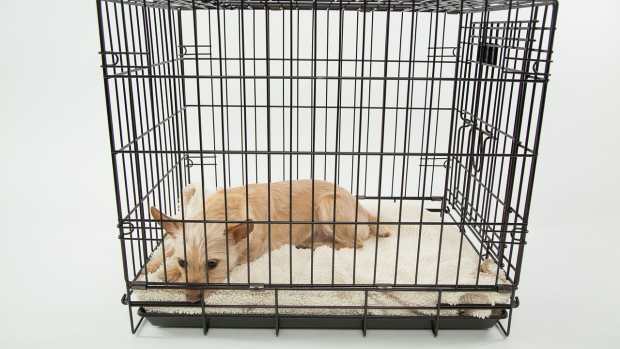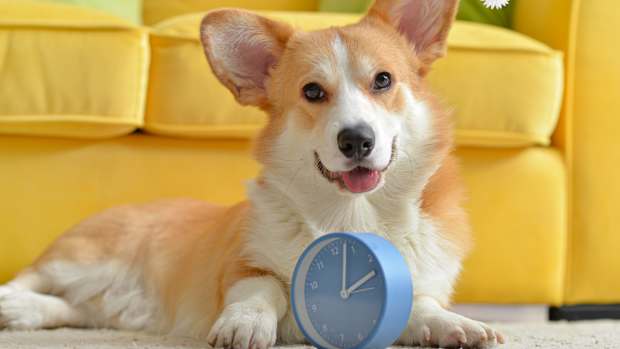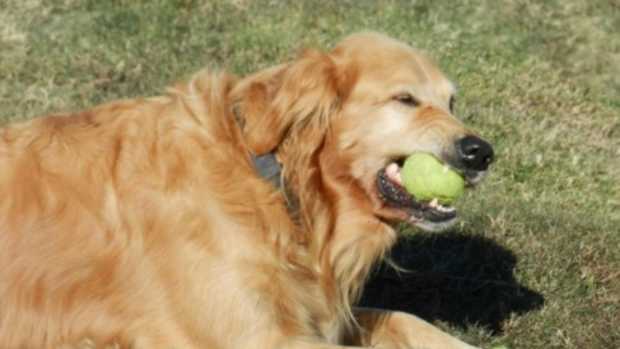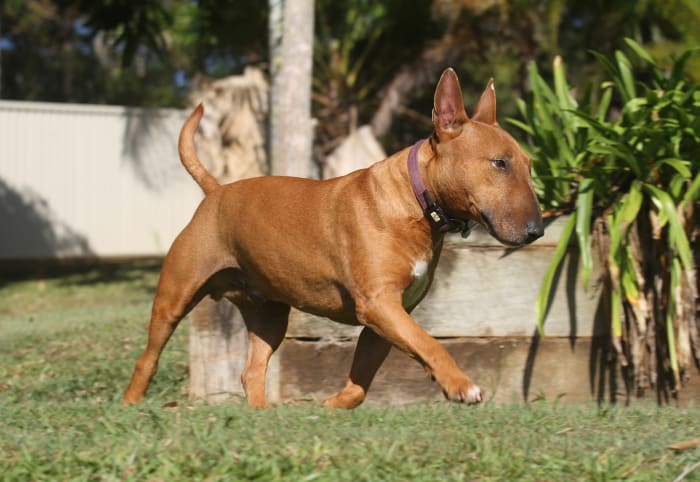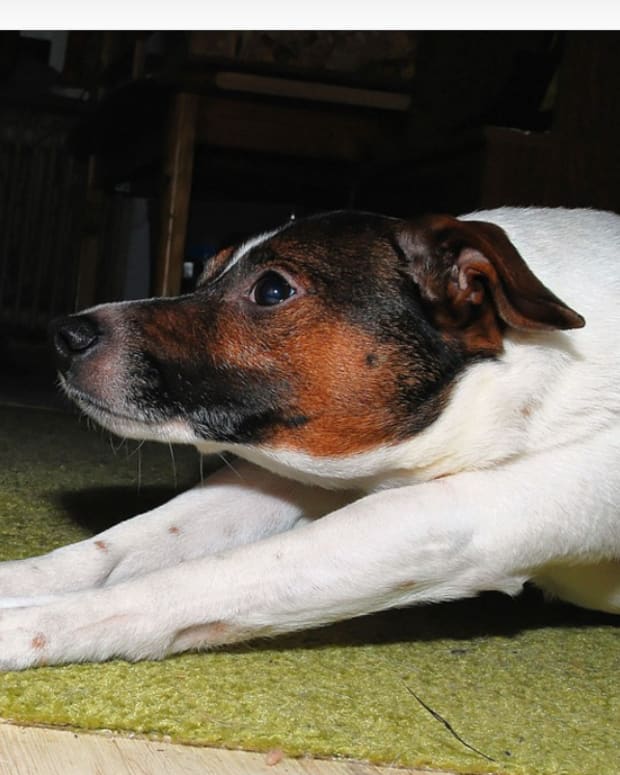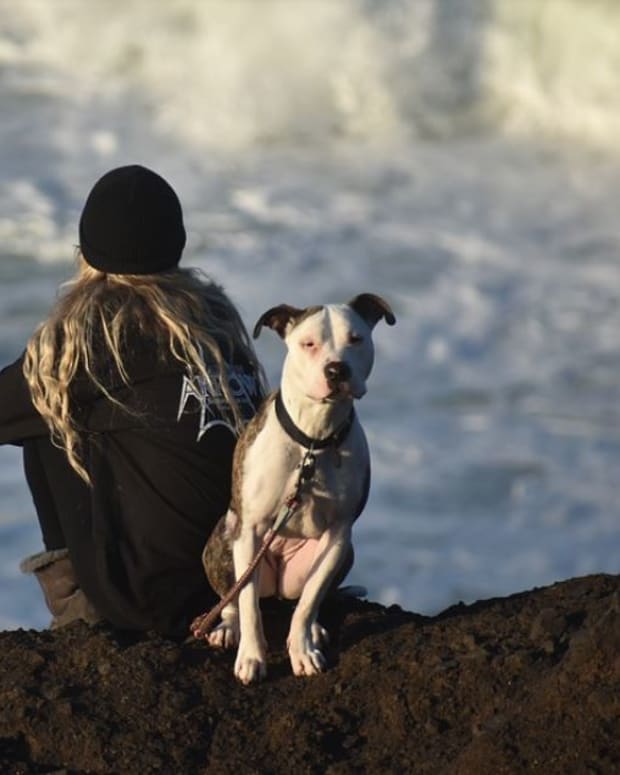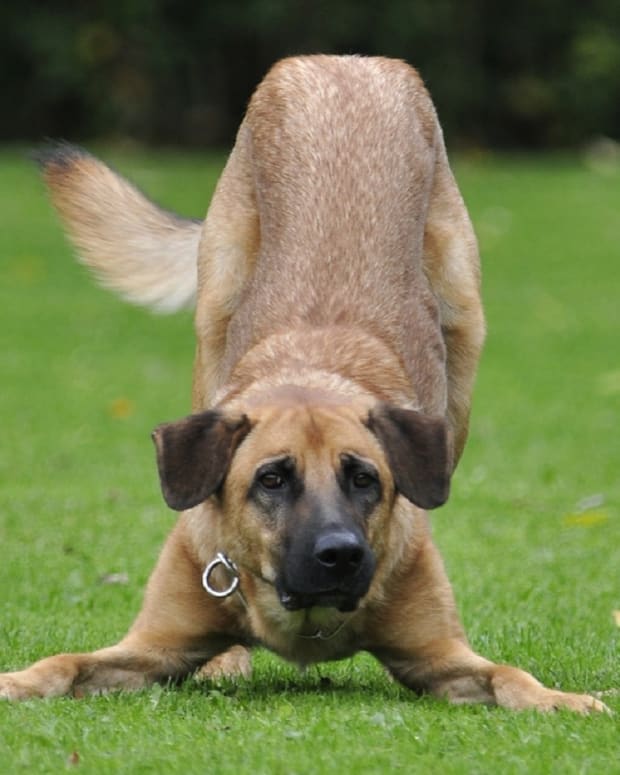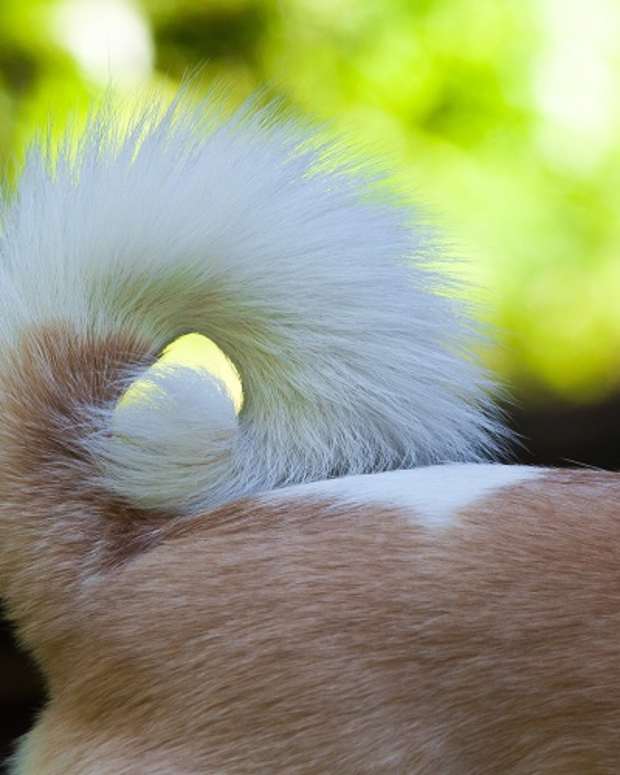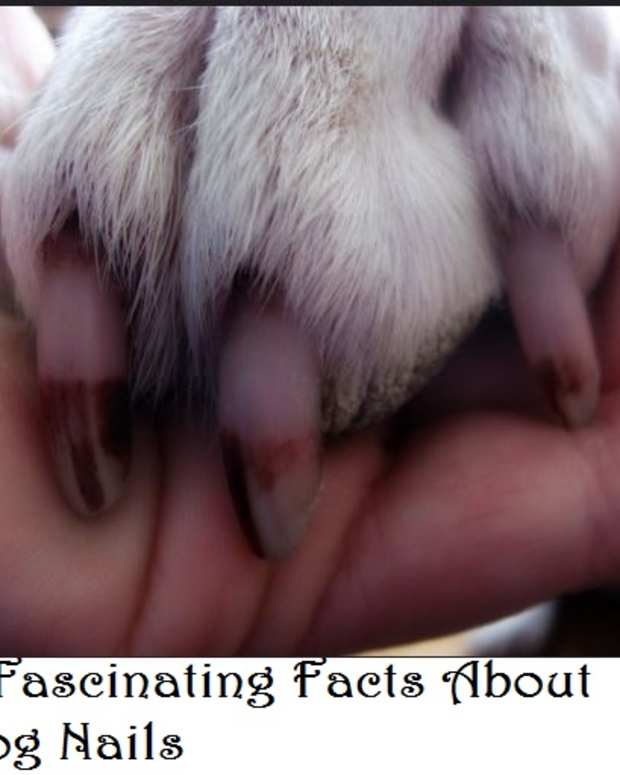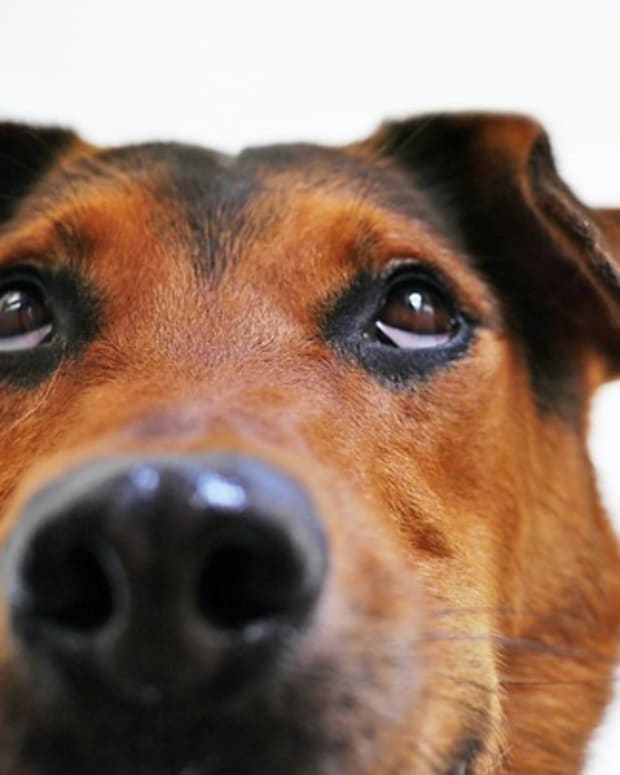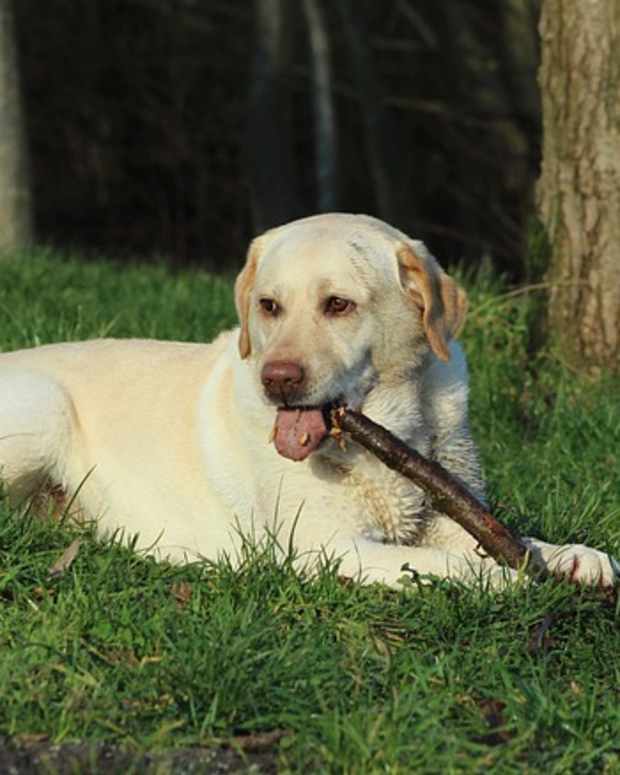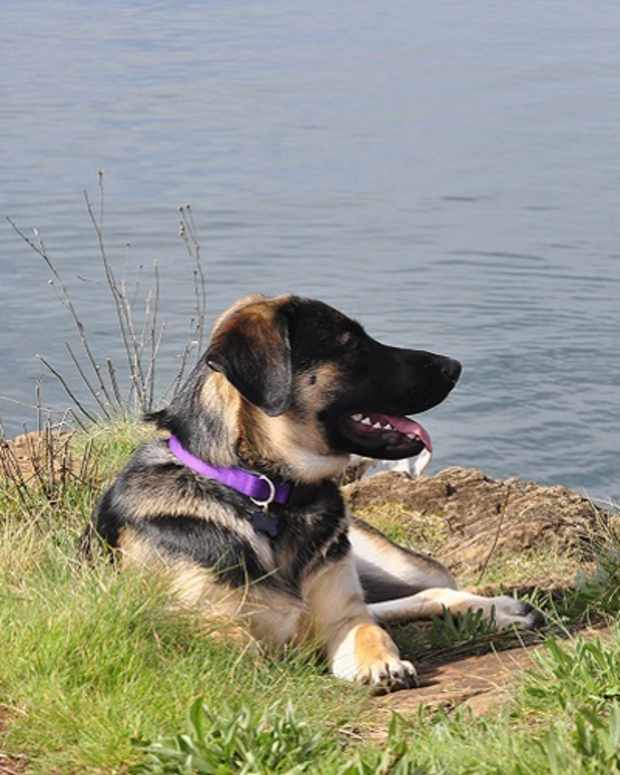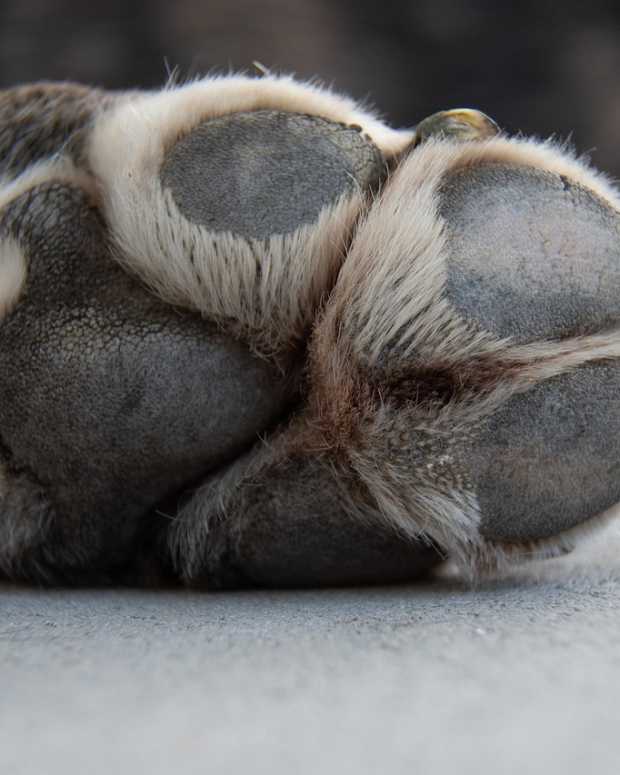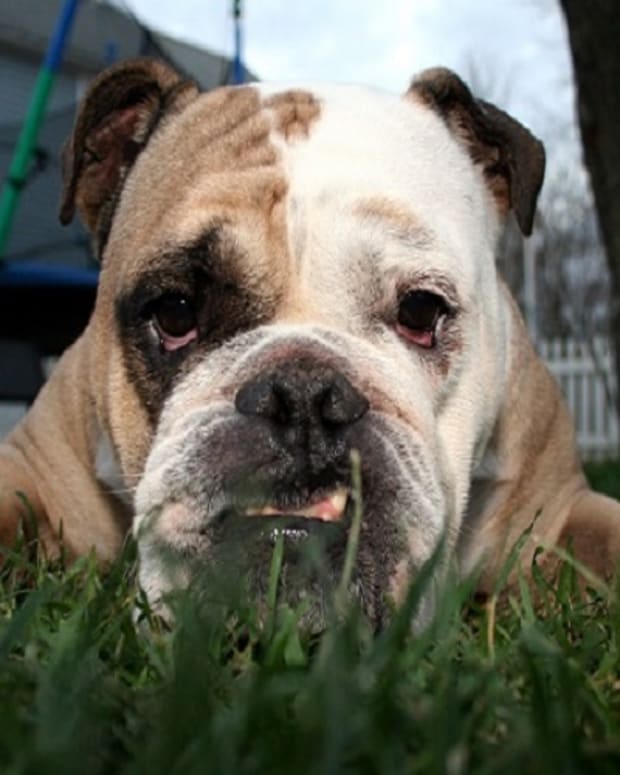Why Do Dogs Always Want to Go Outside?
Many dogs always want to go outside and this can be frustrating for dog owners who keep on getting up escorting their dogs out the yard. What's up with these dogs?
Well, if we start looking at the world from our dogs' perspective, there may be many reasons as to why dogs always want out.
Of course, ruling out medical problems is paramount considering that there are several health conditions in dogs that may trigger more outdoor trips.
Medical conditions aside, following are several reasons why dogs always want to go outside.
Possible Medical Problems
When dogs engage in certain odd or unusual behaviors, it's always a good idea ruling out medical problems. For instance, a dog who may be asking to go outside frequently, may be suffering from a urinary tract infection.
Urinary tract infections cause dogs to feel compelled to go potty very frequently. Often, once out, they will squat and produce only a few drops of urine at a time.
Female dogs are commonly affected. Affected dogs may also lick their private areas often and may have blood in their urine. Other urinary problems that may cause increased trips outdoors are the presence of crystals or stones in the urine.
On the other other hand, dogs may also ask to go outside frequently due to the presence of diarrhea. Colitis is a common cause of diarrhea in dogs. When affected by colitis, dogs tend to have a sense of urgency and more frequent bowel movements which often contain fresh red blood and mucus. Dogs with colitis may also be seen straining and producing just a few drops of diarrhea.
And then there are other medical problems not associated with urinary or digestive problems. For instance, dogs who feel hot such as dogs suffering from a fever, may be restless and may seek cooler outside temperatures. The normal temperature range for dogs is 99.5 to 102.5.
Older dogs may seek the outside if it's cooler as they age because they may no longer be able to cool down as well as they did when younger. Age-associated conditions such as painful arthritis or conditions that cause trouble breathing (such a laryngeal paralysis) may also cause dogs to seek cool areas or cool surfaces to lie down.
Cushing's disease is also a condition that may cause in dogs the inability to cope with hot temperatures.
A Matter of Critters
Many dogs whine and act restless asking to go outside because they detect the presence of critters. Dogs have a powerful sense of smell and they can hear things that our ears cannot detect.
If your dog is sniffing the air and pacing, there are chances he caught a whiff of some critter from your air conditioning vents or heating vents or perhaps from the air currents coming through windows or under doors.
Of perhaps your dog's powerful ears detected some noise that is intriguing him. Interestingly, dogs are capable of hearing very subtle sounds such as mice scratching in walls. Did you know dogs can hear lower frequencies than humans?
Regardless of whether your dog is smelling some critter or hearing some distinct sounds, your dog is on a mission to hunt down this pesky intruder.
Despite being fed from shiny bowls and wearing fancy collars, dogs remain hunters at heart. Your dog may be therefore asking to go out to inspect the source of the smells or sounds that intrigue him and he may do so in a very demanding way that is difficult to ignore.
Not all dogs though are drawn to critters at the same level. Some dogs more than others are equipped with higher drives to hunt down animals.
For instance, small terriers (such as Jack Russell terriers, Yorkshire terriers, Cairn terriers) are notorious for wanting to chase after small animals such as mice. And who can blame them? Many of these dogs have a history of being selectively bred to kill rats or other small critters. Read more on this here: Introducing the ratter!
Food for thought: Is there a new dog in your neighborhood or perhaps a cat in the yard? If so, your dog may want to go outside just to learn more about them. Make sure though your dog doesn't harm any visiting cats or kittens!
A World of Smells
Many dogs associate the great outdoors with reinforcement. In other words, the outdoors offers them activities and access to stimuli that feel very gratifying to them.
Unlike humans who may enjoy indoor activities such as watching T.V, crocheting in front of the fire or social networking, dogs have very little to enjoy when confined between four walls, unless dog owners offer them things to do.
The outdoors instead offers an ever-changing kaleidoscope of smells. Here's a fact: smell is never the same from a dog's perspective. Every time you take your dog out, there is a change in scenery with new scents that your dog never grows tired of exploring.
As visual beings, this may be difficult for us humans to completely comprehend as we mainly use our eyes to scan the world, while dogs focus on detecting scents and interpreting clouds of odorous particles coming from every direction.
As Alexandra Horowitz puts it, goes a long way. In her book "Being a Dog, Following the Dog Into a World of Smell" she claims: "Each departure from the house brings a new scene, one never visited. Each day, each hour, wears a new smellscape. There is no such thing as “fresh air” to a dog. Air is rich: an olfactory tangle that the dog’s nose will diligently unknot."
Engagement in Reinforcing Activities
On top of smells, dogs may also be attracted to the outdoors because they get to stretch their legs and move around. Dogs, being cursorial animals, are known to enjoy walking and romping around and staying in the home doesn't allow much of that.
Some dogs are also prone to wanting to patrol their properties and investigate everything on a random basis. If your dog is prone to barking at cars, people, dogs or animals who approach the fence line, he may be asking to go out every time he hears something.
This can be perceived as a reinforcing activity to dogs (especially bored, under-stimulated dogs) as they interpret their barking as the reason why people, cars and other dogs or animals move away from their properties. These dogs will therefore fall into the habit of wanting to repeat the barking behavior over and over to just send "the intruders" away.
Some dogs like to patrol their properties several times a day and urine mark. Urine marking in dogs is not peeing for the mere purpose of the emptying the bladder, it's peeing with a purpose and that purpose is leaving scent around.
Traditionally, when dogs urine mark, they will engage in what is known as a “raised leg display” where they will balance themselves on three legs while raising the fourth leg and aiming the stream of urine on vertical objects. Intrigued about this? Discover 12 peeing positions in dogs.
In particular, intact female dogs (not spayed) may want to repeatedly go outside to urine mark when they are in heat. Their urine is rich in pheromones which informs male dogs about their reproductive status. Male dogs may smell this scent from quite a distance and may ask to be taken out repeatedly as well.
Dogs Pretending to Need to Potty
Some dogs learn that by going by the door they are granted access to the outdoors and learn to take advantage of the system. OK, OK, let's clarify, it's not like your dog is trying to outsmart you and trick you into thinking they have to potty. Dogs don't think in such malicious, strategic ways. In reality things are much simpler than that.
Dog tend to repeat behaviors that are reinforcing, and therefore, learn that by going to the door, it opens, unveiling all the magical things associated with the outdoors.
On top of that, dogs learn that they get one-on-one attention the moment they walk towards the door. With all this reinforcement, you can rest assured your dog will want to repeat this experience over and over.
So an important question to ask is: Is your dog peeing every time you take her out? If so, it would be best to continue taking her out whenever she asks for it. If she isn't peeing every time she's taken out though, then she's likely asking to go out just to have fun outside.
One thing to consider is that sometimes, when dogs have frequent urinary tract infections they may believe that they might have to go out frequently even if they don't have to.
Do Dogs Need Sunshine to Get Vitamin D?
You may be wondering whether dogs need to spend time outdoors in the sun in order to get enough vitamin D. This issue may feel more pressing recently due to the pandemic and consequent lockdown causing more dogs and more owners to spend time indoors.
Turns out, if your dog is on a commercial dog food that meets the AAFCO standards, he or she should already have obtain a sufficient amount of Vitamin D through the diet, even during the winter months.
This is different from humans who often eat diets that are lacking in this nutrient to the point of requiring supplementation. If you suspect your dog has a vitamin deficiency, discuss with your veterinarian.
Now That You Know...
If you have a dog who always wants to go outside, you may be desperately seeking solutions. Here are a few tips based on various situations..
- Monitor what your dog does when taken outside. Many dog owners let their dogs out but never really gain an insight into what their dogs do once out. What does your dog do exactly when outside? Is he going potty? Is he barking at triggers? Is he going on a sniffing adventure? By putting on your investigative hat, you can discover pertinent information which may help you in the resolution of the problem.
- Have your dog see your veterinarian, especially if he's asking to go out and urinates frequently or has bouts of diarrhea. Also, see your vet if your dog now always asks to go out when before he was happy spending time with you in the home.
- If your dog is peeing frequently or has diarrhea, bring a fresh urine sample or a stool sample along with your dog for his veterinary appointment.
- If you suspect critters in your home or yard, hire an exterminator, preferably one who uses safe and natural pest management options and products that have low or no adverse risks to your pets.
- If there are noises or a new dog moved in town, for the time being, you can try to put on some white noise (radio, tv or fan noise) and see if this can help calm your dog down.
- Make sure your dog receives sufficient levels of exercise, walking, play time, training and mental stimulation. When indoors, offer your dog interactive toys such as stuffed Kongs, Kong Wobblers and Buster Cubes.
- Rotate toys so that your dog never grows bored of them.
- If your dog's passion is sniffing, engage his brain with fun treasure hunt games and canine nosework.
- Tired of your dog asking to go outside, but worried about whether your dog is truly telling you he/she needs to go potty? Here's a way to tackle this issue. Put your dog on a leash and take him to a designated potty area and stay out only five minutes. If he truly needs to go bad, he'll usually rush to potty. If he doesn't go, go head straight back inside and try again later repeating the same process. This should help reduce the behavior of asking to go outside just for the fun of it. Find more tips on this here: The problem with training your dog to ask to out
- When you come back inside, if your dog hasn't gone potty, make sure that you can keep your dog confined to an area where you have a clear view of him and where you can supervise your dog to ensure he doesn't sneak off to pee or poop somewhere. Watch for dog pre-potty signs such as sniffing the floor, pacing, circling, whining.
- If your dog does go potty, reward her and let her off the leash (if your yard is secure).
- Now, something to consider: some smart dogs may learn that peeing in the yard grants them fun time afterward, so they may learn to purposely pee just for the fun of that. In such cases, it may help taking them out first thing in the morning when they are likely to pee, and then spend a good amount of time outdoors until they get tired and bored. Often times, we take dogs inside when they have haven't had the opportunity to sniff around and get tired. This makes the yard super appealing. That's also why dog trainers stop training sessions on a positive note when the dog is having fun, because they want to maintain a good history of fun with training so that the dog wants to do it more and more.
- Start gradually lengthening the times you take your dog out. So if your dog asks to go outside every hour, next time push it to every 70 minutes, then 80, then 90 etc. During the intervals, make sure your dog is engaged in activities that keep her mind off the outdoors.
- If your dog goes to the door despite having emptied her bladder and bowels, you can acknowledge it and say "not now" then call her to you, ask for a sit and encourage her to chew a toy that will help keep her busy for some time.
- Feeding your dog food at the same scheduled times throughout the day can help her elimination patterns become more predictable. It's a good idea to jolt down on a paper when your dog goes potty so to schedule her outings accordingly.
- Last but not least, it may be also helpful training your dog to go potty on command. By doing this, you can ensure that, once sent out, your dog goes potty so that you know she's empty and can hold it until her next scheduled potty trip.
Disclaimer: this article is not meant to be used as a substitute for professional veterinary advice or behavioral advice. If your dog is acting sick or aggressive please consult with a qualified professional for proper diagnosis and treatment.




